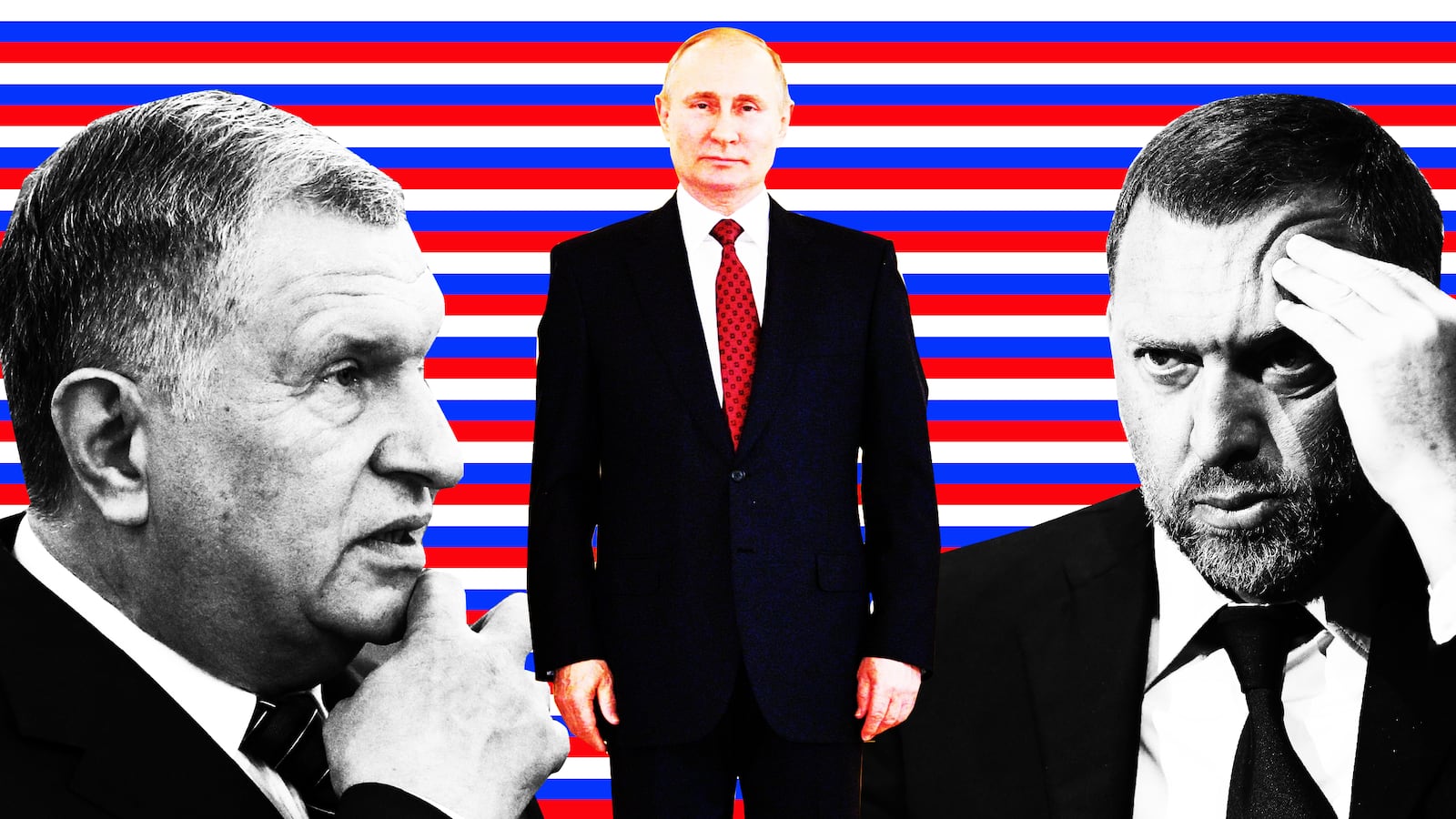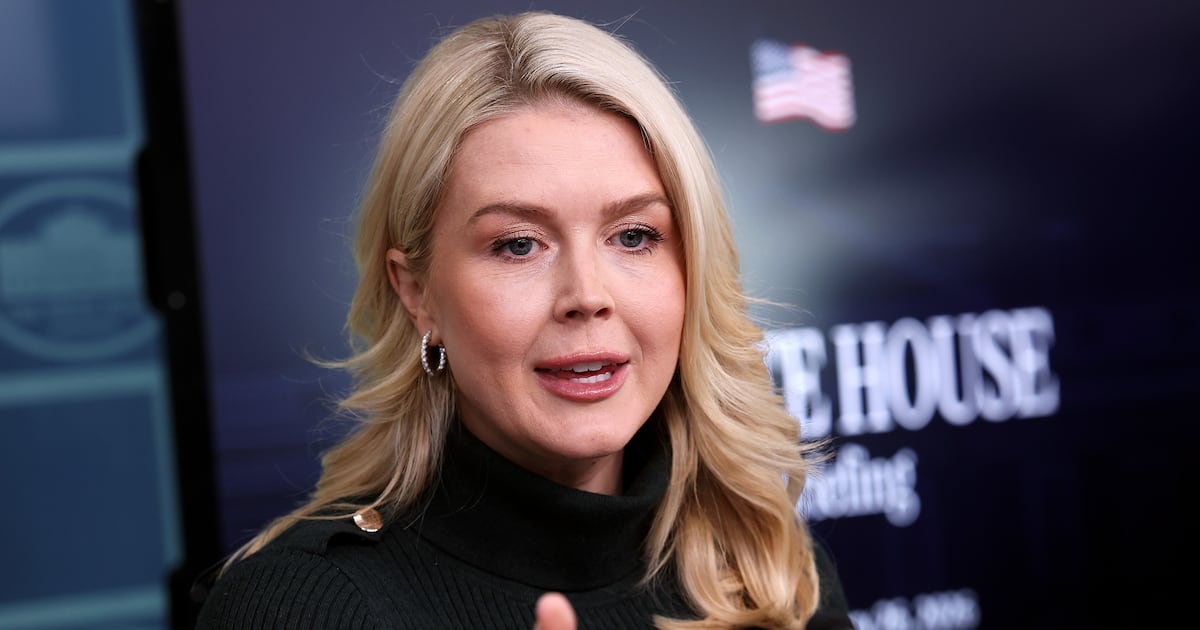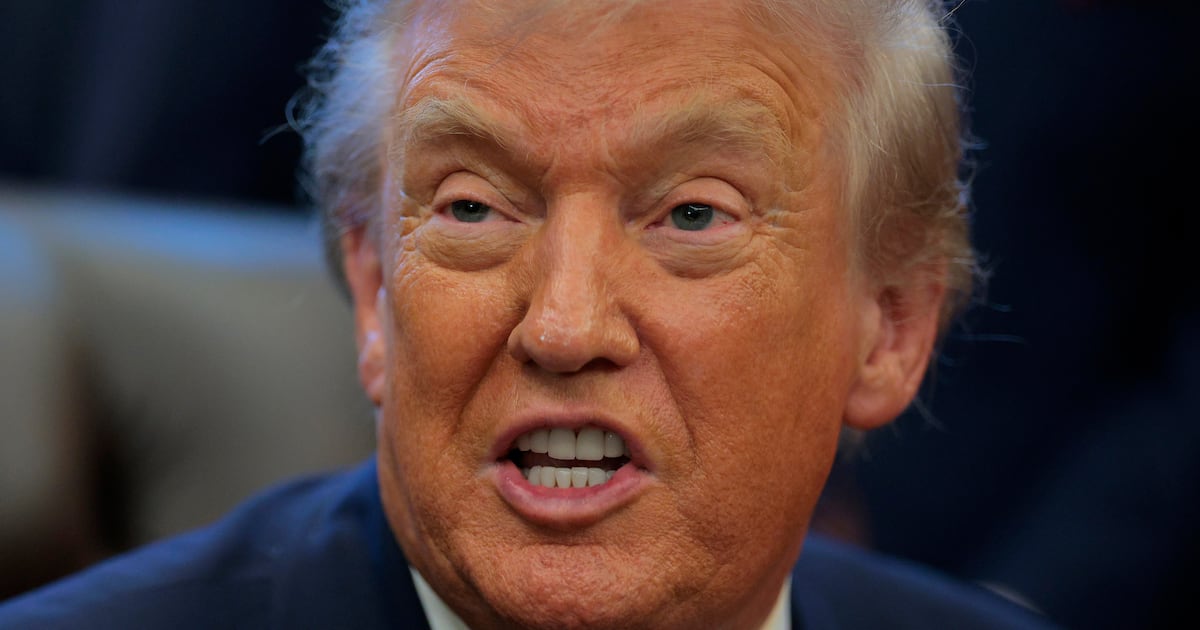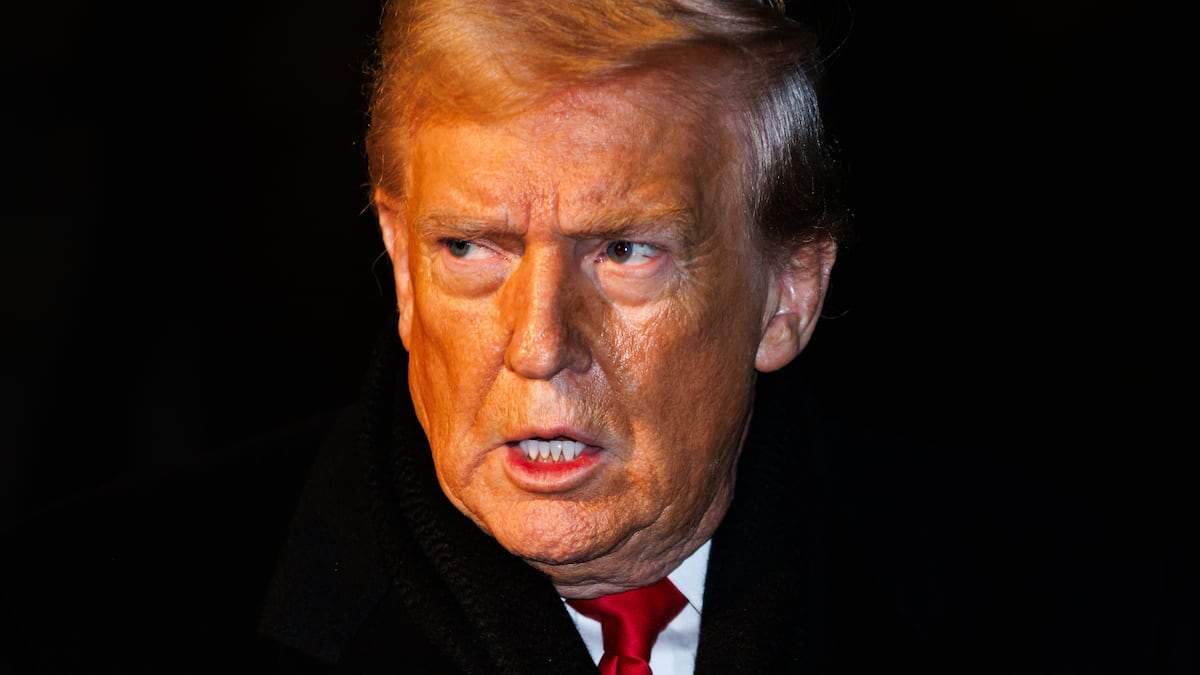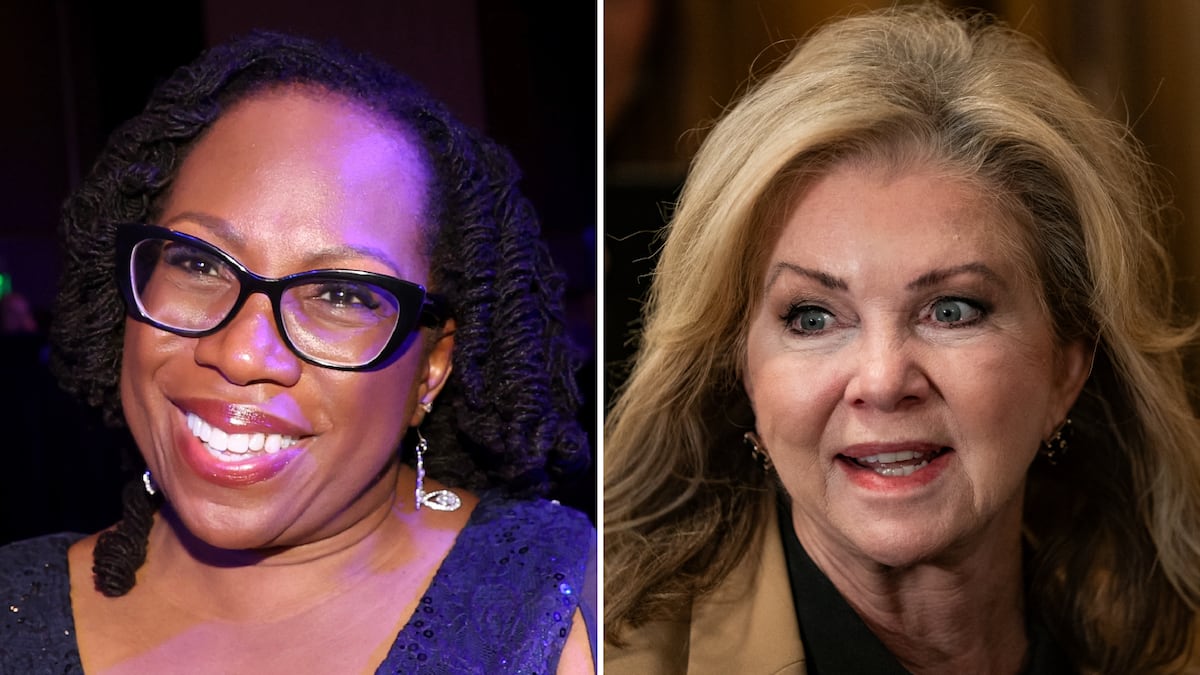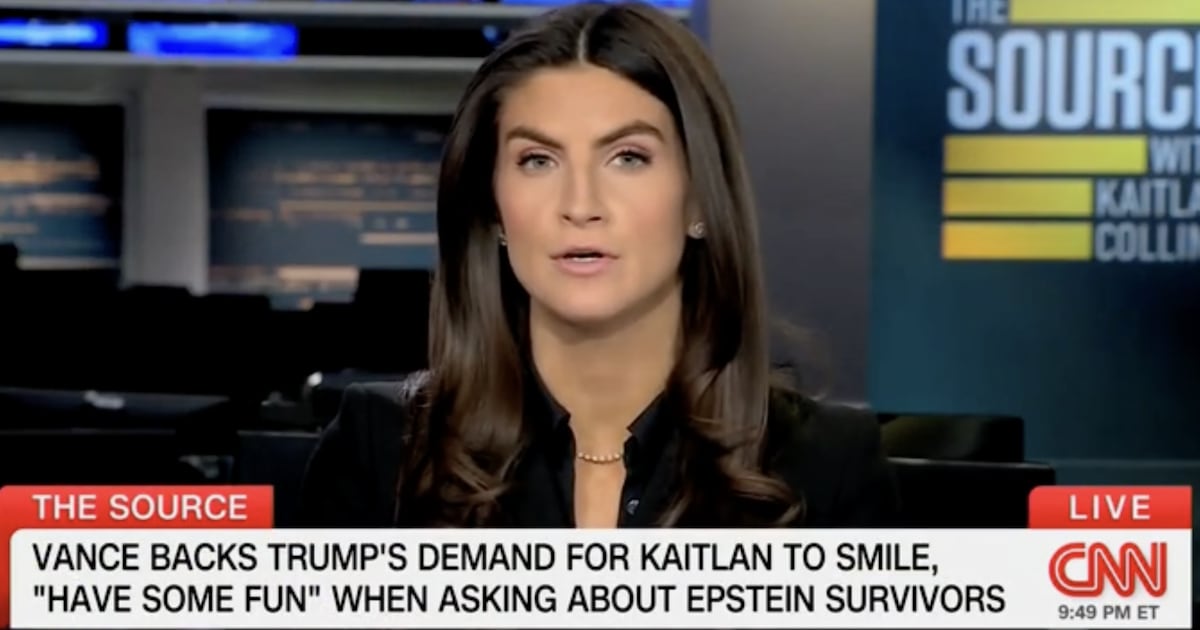Times are getting tough for Russia’s oligarchs.
Seven of them were sanctioned on April 6 by the U.S. Treasury, along with 17 government officials and 12 Russian businesses. More U.S. sanctions are on the way in connection with Syria’s chemical weapons program. And in addition to all that, Moscow authorities hustled Russian billionaire Ziyavudin Magomedov off to jail in his track suit and without a toothbrush late last month, just as he and his family were headed for his private plane and a vacation in Miami. His older brother, Magomed, a former member of Russia’s Federation Council, is also behind bars.
Russian journalist Yulia Latynina called the Magomedovs’ arrest on embezzlement charges a “cataclysmic event” for Russian business and wondered, “Where can a poor billionaire go now—if you have on the one hand the U.S. Treasury and on the other the example of the Magomedovs?”
Among the oligarchs hit the hardest by the new U.S. sanctions is Oleg Deripaska, who has drawn the interest of special counsel Robert Mueller’s team because of his dubious financial entanglements in Ukraine with former Trump campaign chairman Paul Manafort. Shares in Deripaska’s aluminum company Rusal fell 20 percent last Monday, and Deripaska lost almost 15 percent ($1.1 billion) of his net worth that same day.
Deripaska’s recent setback comes just weeks after 6 million viewers were treated to a video posted by Alexei Navalny showing Deripaska aboard his yacht with a self-professed “seductress” named Nastya Rybka hanging on his neck. (Rybka is now in a holding cell in Thailand with her manager on unspecified criminal charges, but that doesn’t do Dereipaska much good.)
To make matters worse for down-in-the-dumps Deripaska, Alexander Bastrykin, the head of Russia’s feared Investigative Committee, had unkind words for the Russian oligarch during a recent lecture to law students at St. Petersburg University. Bastrykin told his audience about a boy who had shouted “down with corruption” as he hung on a lamp post during a protest on Moscow’s Pushkin Square in March 2017: “Do you know who he was? The son of Deripaska, who Navalny caught vacationing with some woman.” The young man was questioned by police, according to Bastrykin, and told them he had traveled half the world with his father and was already bored with life, but he had never been in Pushkin Square, named for Russia’s greatest poet.
It’s funny, Bastrykin went on, that the heirs of the Russian oligarchs allow themselves to shout about crime. Because no one has forgotten that “Deripaska has himself figured in corruption cases, which would have been pursued if amnesties hadn’t come up. In the 1990s, the economy was being derailed with the help of corruption, direct banditry, fraud. The state pretended that this era was over, all was forgiven. Well, it’s not for you, Deripaska’s son, to shout ‘down with corruption!’”
It should be said that Bastrykin has a history of becoming unhinged—he once was forced to apologize publicly for threatening to kill a journalist who offended him—and Putin is rumored to be considering a major reorganization of his investigative agencies. So perhaps Bastrykin was just feeling under pressure and decided to vent. But his comments may also have reflected displeasure with Deripaska on the part of Putin, who does not appreciate scandals of the sort that emerged on Navalny’s video.
Putin encourages rivalry and fear among members of his elite, especially when the Kremlin is facing difficult challenges such as those that arose in the wake of the Skripal poisoning in Britain and then the new sanctions, which came as a huge shock. (As Navalny commented when the sanctions were announced: “Everyone laughed at the Forbes list in January, but today it is not so funny.”) The sanctions are hitting Russia’s financial markets hard. Last Monday the ruble plummeted to December 2016 levels, and Russian stocks had their worst day since 2014. According to Kirill Tremasov, head of research at the Moscow firm Loko-Invest: “We have found ourselves in a new reality, and it is very, very serious.”
As an unnamed senior U.S. administration official told The Atlantic, the new sanctions were a response to “the totality of the Russian government’s ongoing and increasingly brazen patterns of malign activity around the world.” Although Russia’s oligarchs profit mightily from Putin’s corrupt system, they do not necessarily support his increasingly aggressive actions abroad. So, to quell the grumbling among them, it makes perfect sense to arrest the Magomedovs and send a message to other billionaires that they could be next.
But there is another angle to the arrests. According to Russian analysts, the decision came directly from Putin, but his éminence grise, Rosneft CEO Igor Sechin, was a behind-the-scenes player. Sechin is known to have a grudge against the Magomedovs, owners of the Russian investment group Summa, because of a long-standing dispute over the lucrative Novorossiysk seaport, which Summa controls with Transneft, the oil pipeline company. Sechin has been trying to acquire control of the port for several years.
The case against the Magomedovs also deals a blow to Prime Minister Dmitry Medvedev and his supporters, including Deputy Premier Arkady Dvorkovich, a university roommate of the younger brother, Ziyavudin. Medvedev, who is known to have protected the Magomedovs’ interests in the past, may well be dismissed when Putin creates a new government after his inauguration in May.
As James Nixey of Chatham House once observed: “Medvedev is always at risk of losing his job. That’s what makes him so perfect for it… An ideal scapegoat for Putin should he ever need one.”
Sechin reportedly has hopes he’ll be Medvedev’s replacement as prime minister, and if Medvedev were smart, he would give up without a struggle. It might be recalled that an earlier victim of Sechin’s competitive instincts, former minister of economic development Alexei Ulyukaev, was convicted in December of taking a bribe from Sechin, who had deliberately ensnared Ulyukaev in a sting operation.
Like the Magomedovs, Ulyukaev was allied with the Medvedev group, thought to be more liberal and reform-minded. Ulyukaev—the highest ranking government official to be criminally convicted since Stalin’s police chief Lavrenty Beria was arrested and shot in 1953—landed an eight-year sentence in a strict regime labor camp. After an appeal hearing last Thursday, where reporters said Ulyukaev looked terribly thin and haggard, the sentence was upheld. But not without drama: Sechin, who had refused the court’s repeated requests to appear as a witness at Ulyukaev’s trial last autumn, made a surprise court appearance to confirm, in a closed session, his written testimony against Ulyukaev.
A former KGB officer who was placed under U.S. sanctions in 2014, Sechin is thought to be the leader of the Kremlin’s siloviki clan—hardliners with a security or military background. As Konstantin Remchukov, editor in chief of Nezavisimaya Gazeta, has noted: “The oligarchs are competing with each another and the siloviki are competing with each other. But ‘compete’ is a euphemism for a fierce, uncompromising struggle that is taking place.”
Remchukov adds that the sanctions were meant to encourage oligarchs and officials to disassociate themselves from Putin, but they are having the opposite effect: “It turns out that Putin loyalist Bastrykin begins to attack Deripaska, who is also loyal to Putin. This is what America could not even dream would happen.”
As veteran Kremlin expert Peter Reddaway shows in a new book, Russia’s Domestic Security Wars, to appear in May, Putin has a long history of encouraging conflict among his underlings as a way to ensure his own power. This divide and conquer strategy is similar to that of Stalin, described masterfully in the chilling new movie The Death of Stalin.
But what about the rest of Russia’s people, who endorsed Putin’s re-election so impressively? Although the sanctions were directed at Russia’s elite, rank-and-file Russians will suffer as well, because the new measures could threaten Russia’s faltering economic recovery from the sanctions imposed after the 2014 Crimean invasion. Badly needed improvements in the country’s economic infrastructure could be put on hold.
Significantly, Bastrykin pointed out an unfortunate consequence of Russia’s still backward economy when he mentioned in his St. Petersburg speech the tragic fire at a mall last month in the Siberian city of Kemerovo, which resulted in 64 deaths. According to Bastrykin, sparks from a high-power cable set foam cubes in the children’s play area on fire: “They caught fire because they are of Chinese origin. And what are the characteristics of Chinese goods? Low quality and cheapness. American cubes cost 120 dollars, Chinese, 20 cents. But they’re easy to burn.”
As in 2014, the Kremlin will compensate “victims” of the new sanctions at the public’s expense. (Russian firms supplying the government of Syrian President Bashar al-Assad with chemical weapons will now be added to the sanctions list as well.) Last week Medvedev gave instructions to his cabinet to work out measures to help companies that have been sanctioned. According to one Russian stock market expert, it will cost $13 billion to fully refinance their debt, a cost almost double what the government spends annually on health care. This means, of course, that Russian taxpayers will end up covering the losses.
But for the moment at least, Putin himself has no cause to worry. As Russian political analyst Anton Orekh explained: “Our millions of Ivanovs do not know anything about Deripaska and [Viktor] Vekselberg [another newly sanctioned oligarch]… Our people do not read Forbes, do not follow the stock markets… When prices rise, when housing costs rise, when new duties, excises, and taxes are introduced, they will not write in their account books that the money is going straight to the rescue of Deripaska and Veselberg. Until their personal money is taken away—literally, physically from their wallets—they will endure and wait for the end of America.”

